News
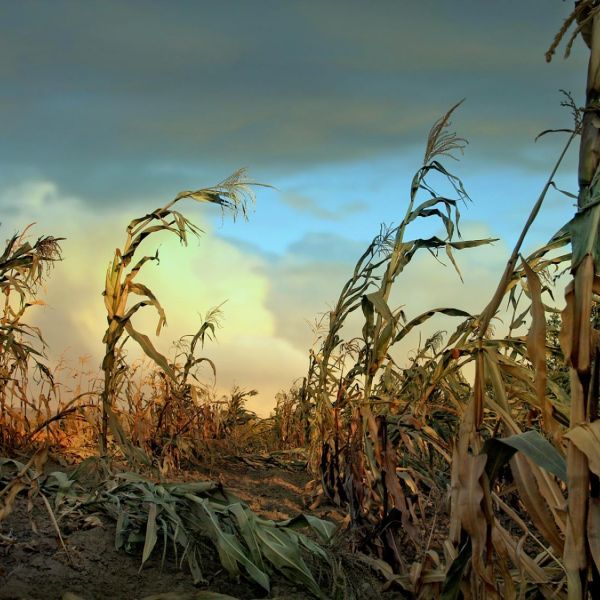
Jul 21, 2025
Simulating the unthinkable: Models show nuclear winter food production plunge
A team led by researchers at Penn State have modeled precisely how various nuclear winter scenarios could impact global production of corn — the most widely planted grain crop in the world.
Full Article
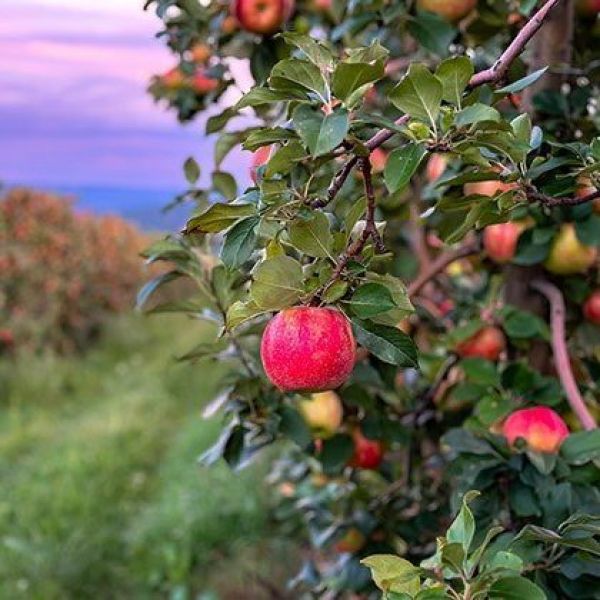
Jul 16, 2025
What if Pennsylvania apples disappeared?
Penn State’s fruit tree task force helps farmers protect both their harvest and their future. From hands-on support to innovative blossom-thinning techniques, the work of Penn State researchers and educators is vital for the success of agriculture across the commonwealth.
Full Article

Jul 02, 2025
Eight graduate students receive U.S. National Science Foundation fellowships
Eight Penn State graduate students received U.S. National Science Foundation (NSF) Graduate Research Fellowships for the 2025-26 academic year.
Full Article

Jun 30, 2025
Huck announces 2025-26 Leadership Fellows
Three faculty members, representing three different Penn State colleges, have been named Huck Leadership Fellows for the 2025-26 academic year.
Full Article
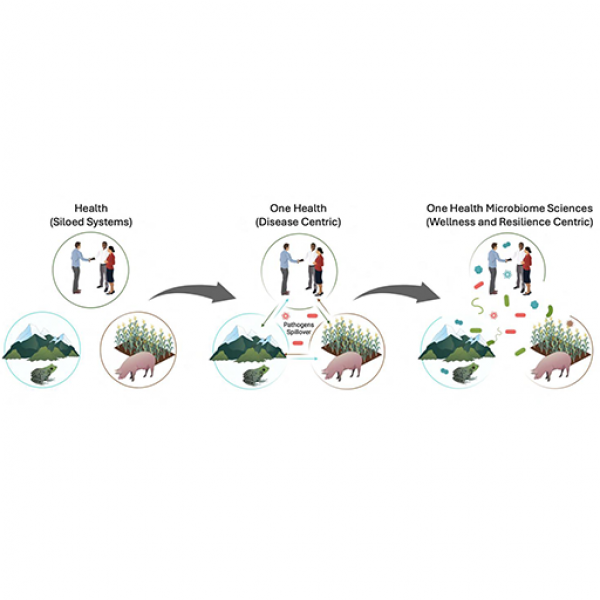
Jun 11, 2025
Q&A: Unifying the microbiome sciences for global health and sustainability
Recently, members of Penn State's One Health Microbiome Center published an article in the American Society for Microbiology’s flagship journal, mBio. In this Q&A, a few of the paper’s authors discussed how the center is leading the charge to breakdown traditional disciplinary silos and expand the One Health focus to include more than just pathogenic microbial threats.
Full Article
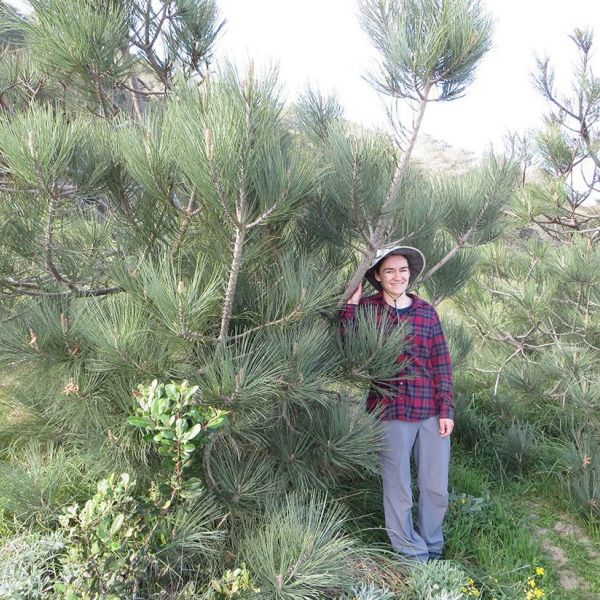
Jun 03, 2025
Isolated Torrey pine populations yield insights into genetic diversity
Researchers find a few genes that allowed trees from insular populations to adapt to local conditions may inhibit their adjustment long term to a new location.
Full Article
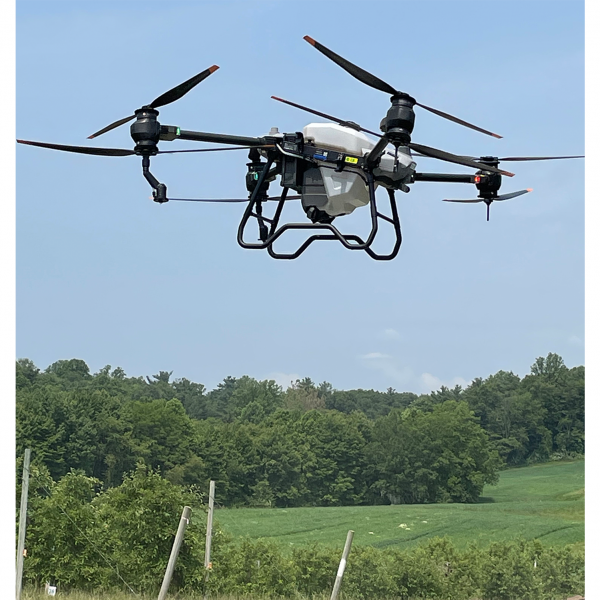
Apr 25, 2025
Are drones the future of tree fruit production? Researchers investigate
A team of researchers in Penn State’s College of Agricultural Sciences is addressing the growing interest among tree fruit growers in Pennsylvania and the Northeast in adopting drone-based spraying systems for high-density apple and peach orchards.
Full Article

Apr 07, 2025
Forty-two graduate students recognized with University awards
Annual awards celebrate graduate students' impact in research, scholarship, teaching, outreach and more.
Full Article
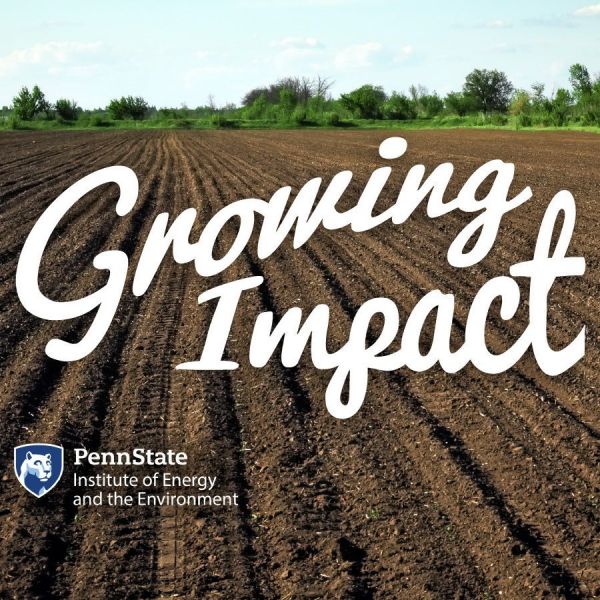
Apr 01, 2025
Researchers working to address agricultural greenhouse gas emissions
On the latest episode of “Growing Impact,” a team of Penn State researchers discusses how their seed grant project aims to address nitrous oxide emissions from the agricultural sector by developing a system for real-time emissions monitoring and reduction.
Full Article

Mar 17, 2025
Ag Sciences research institute SAFES funds projects addressing critical issues
Penn State’s College of Agricultural Sciences, through its Institute for Sustainable Agricultural, Food and Environmental Science, known as SAFES, announced funding awards to accelerate the advancement of its Critical Issues Initiatives. These initiatives serve as the college’s impact hubs, addressing urgent and high-impact challenges through targeted efforts and innovative projects.
Full Article